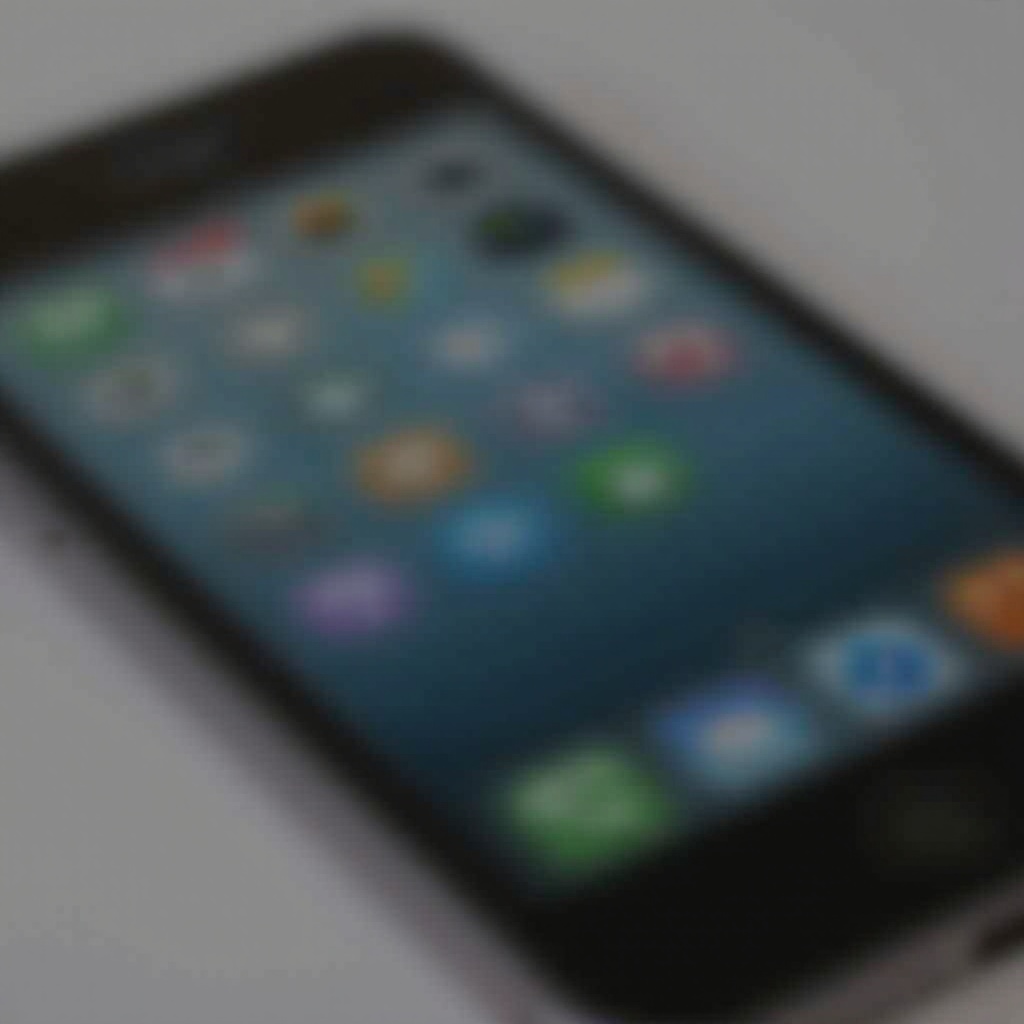Why is Safari So Slow on My iPhone? (2024 Guide)
Introduction
Experiencing lag while using Safari on your iPhone can be frustrating. If your once speedy browsing experience has come to a halt, you’re not alone. Various factors might contribute to Safari’s sluggish performance. Understanding these issues and learning how to address them can help restore your browsing speed to its full potential. This guide will explain why Safari on your iPhone might be slow and provide practical solutions to fix it.

Common Causes of Slow Safari Performance
Several issues can impede Safari’s performance on your iPhone. Identifying the root cause is essential for effective troubleshooting.
Outdated iOS or Safari Version
Running outdated software can significantly affect browser performance. Apple frequently releases updates for both iOS and Safari that include performance improvements and bug fixes. Ignoring these updates can result in a slower browser.
Accumulated Website Data and Cache
Over time, Safari stores a lot of data to speed up browsing processes. However, an excess of cached data and cookies can eventually slow down the browser. Regular maintenance is necessary to prevent this buildup from affecting performance.
Insufficient Storage Space on the iPhone
Your iPhone requires a certain amount of free storage to function efficiently. When storage space is limited, it can negatively impact app performance, including Safari.
Quick Initial Checks
Before delving into detailed troubleshooting, conduct these simple checks to see if they resolve the slowdown.
Checking Your Internet Connection
Ensure your Wi-Fi or cellular connection is stable and has a sufficient signal. A weak connection can easily cause slow loading times in Safari. Try moving to an area with better coverage or resetting your network settings.
Ensuring Software is Up to Date
Check for any pending iOS or Safari updates. Keeping your software updated can resolve many performance-related issues.
- Go to Settings > General > Software Update.
- Install any available updates to ensure you’re using the latest version of iOS.
Restarting Safari and Your iPhone
Sometimes, a simple restart can work wonders. Close Safari completely and then restart your iPhone. This can clear temporary glitches causing the slowdown.
Detailed Troubleshooting Tips
If initial checks didn’t help, delve into these more specific solutions to improve Safari’s performance.
Clearing Safari History, Cache, and Cookies
Over time, browsing history and data can slow down Safari. Clearing them can help:
- Open Settings.
- Scroll down and tap Safari.
- Tap Clear History and Website Data.
- Confirm your action.
Managing Safari Extensions and Tabs
Extensions can impact browser speed. Disable unnecessary extensions:
- Open Settings.
- Scroll down to Safari.
- Tap Extensions and disable or remove those you don’t need.
Similarly, having too many tabs open can slow performance. Close any tabs you aren’t using.
Resetting Network Settings
Network settings might be causing connectivity issues, affecting Safari’s speed. Resetting them can help:
- Go to Settings > General > Reset.
- Tap Reset Network Settings and confirm. This will erase saved Wi-Fi passwords, so note them down before proceeding.
Advanced Solutions
For persistent issues, consider these advanced troubleshooting steps.
Adjusting iPhone Settings for Optimal Performance
Tweaking certain settings can enhance overall device performance:
- Disable Background App Refresh: Settings > General > Background App Refresh.
- Manage Location Services: Settings > Privacy > Location Services. Turn off for apps that don’t need it.
Reinstalling Safari if Possible
If allowed by your iOS version, reinstalling Safari might help. Unfortunately, on many iPhones, Safari can’t be uninstalled. In that case, resetting all settings might be necessary:
- Go to Settings > General > Reset.
- Tap Reset All Settings.
Considering a Factory Reset as a Last Resort
A factory reset is a last-ditch effort. This will erase everything on your phone, so back up your data first:
- Go to Settings > General > Reset.
- Tap Erase All Content and Settings.

Preventative Measures to Keep Safari Fast
To maintain Safari’s optimal performance, adopt these preventative measures.
Regularly Updating iOS and Apps
Updates often include performance improvements. Keep your iOS and apps current to avoid sluggishness.
Routine Clearing of Cache and History
Make it a habit to clear Safari’s cache and history periodically. This prevents data buildup that slows down browsing speeds.
Keeping Your iPhone Storage Organized
Regularly delete unnecessary files, apps, and photos. Maintaining ample free space allows your iPhone to run smoothly.

Conclusion
Dealing with a slow Safari browser on your iPhone can be exasperating. By understanding common causes and implementing these solutions, you can enhance your browsing experience. Regular maintenance and timely updates are key to keeping Safari running efficiently.
Frequently Asked Questions
Why is Safari slow only on certain websites?
Some websites are heavy with ads, media, or poor coding, causing them to load slower. Using an ad blocker might help.
Does using ad blockers speed up Safari on iPhone?
Yes, ad blockers can enhance loading speeds by preventing resource-heavy ads from displaying, thus reducing data usage and load times.
Can using Private Browsing make Safari faster?
Private Browsing doesn’t store cache, cookies, or history, which can prevent data buildup over time, potentially offering a slight speed improvement. However, it’s not a long-term fix for persistent slowdowns.
